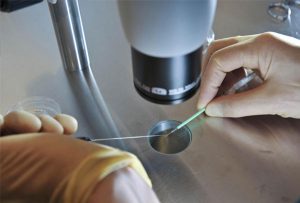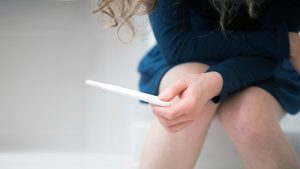Tobacco, alcohol and caffeine effects on fertility: myth or reality? – Originelle
When we discuss lifestyles that reduce the likelihood of becoming pregnant, tobacco, alcohol, and caffeine immediately come to mind. Are we correct in assuming these three substances? Do they really affect fertility? If so, what consequences are there? So many questions and often too much-contradicting information! Therefore we have decided to review and inform the actual consequences of these three substances.

Tobacco:
It will probably not surprise you that tobacco is an enemy when considering fertility! Smoking reduces both male and female fertility. Actually, tobacco consumption increases the likelihood of miscarriages, ectopic pregnancies, and perinatal mortality. As well, tobacco reduces the success rate for assisted reproductive technology, such as in vitro fertilization. According to several health experts, even a low quantity of tobacco consumption can have adverse effects on fertility. For female smokers, fertility can decrease from 40 to 15%. Here is the list of smoking effects for men and women:
For women:
- Advanced conception deadlines
- Decreased number of eggs
- Increased number of abnormal eggs
- Decreased number of freed eggs
- The advanced age of menopause by 2 years
- Problems with human embryonic development
- Problems with embryo implantation
For men:
- Decreased number of spermatozoids
- Increased number of abnormal spermatozoids
- Erectile dysfunction (reversible with stopping tobacco consumption)
- Distortion of spermatozoa motility
- Distortion of spermatozoa DNA
- Distortion of nuclear material
Help put the odds in your favor by stopping smoking. Almost all of these risks are reversible once stopping smoking.
Alcohol:
We’ve always heard that alcohol ingestion advances fertility deadlines along with the probability of infertility. It’s not surprising that research has shown that excessive alcohol intake can have adverse consequences on fertility for women and men. Usually, for guys, alcohol intake can decrease sperm production and quality; whereas for girls, it increases fertility training, the probability of miscarriages in addition to reduces the achievement rates for in vitro fertilization. Thus, to decrease those dangers, it’s necessary that you must reduce or stop their alcohol intake completely both before and throughout the pregnancy or while attempting to become pregnant.
Caffeine:
Who doesn’t enjoy a nice coffee to help you wake up on a Monday morning or rather every morning? Unfortunately, if you decide to have children, you should reduce your caffeine consumption. Despite current ambiguities about this issue, several studies proved that excessive caffeine consumption can prolong the fertility process while reducing the likelihood of becoming pregnant. In addition to being in coffee, caffeine is in teas and soft drinks as well and so, it is essential to be cautious of what contains caffeine. It is not necessary to cut out caffeine consumption altogether but rather to reduce your consumption and avoid excessive consumption before getting pregnant as well as during your pregnancy!






